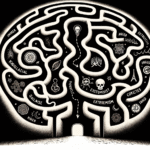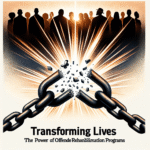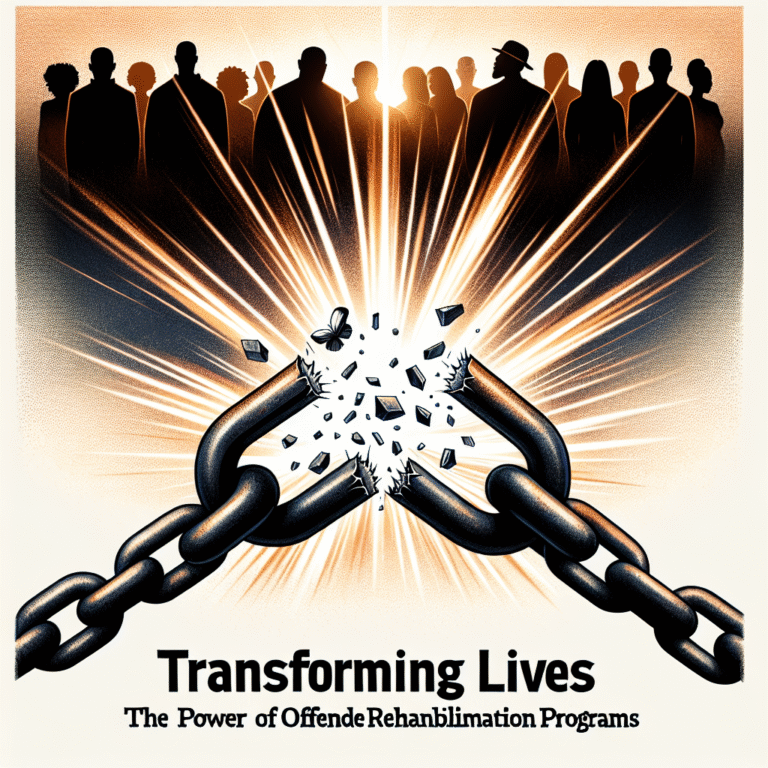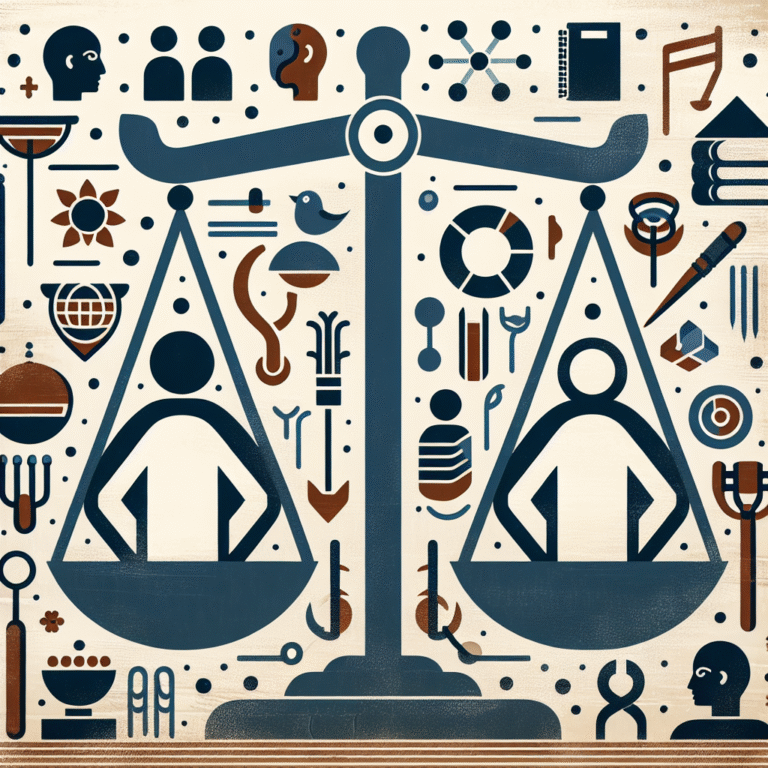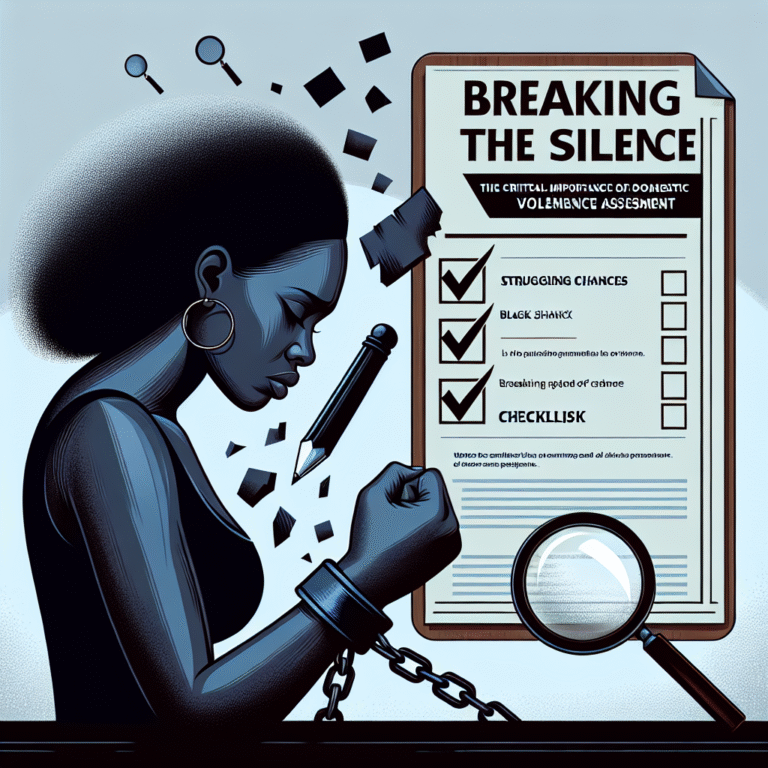
Introduction
In an era where the justice system is increasingly scrutinized for its effectiveness and fairness, new paradigms are essential. One such paradigm is Redefining Justice: The Role of Mental Health Courts in Rehabilitation. These courts serve as a beacon of hope for individuals grappling with mental health issues, diverting them from the traditional penal system toward treatment and rehabilitation. This approach not only addresses the root causes of criminal behavior but also enhances public safety and reduces recidivism. By exploring the multifaceted role of mental health courts, we can understand how they’re reshaping justice into a more compassionate and functional system.
Understanding Mental Health Courts
What Are Mental Health Courts?
Mental health courts are specialized court programs designed to provide treatment and support to individuals with mental illnesses who come into conflict with the law. These courts operate under the premise that mental health issues can influence behavior, and thus, treatment should be prioritized over punishment.
The Rationale Behind Mental Health Courts
The rationale for mental health courts is grounded in the recognition that treating mental health conditions can significantly reduce instances of criminal behavior. These courts aim to equip individuals with the necessary resources to manage their mental health, ultimately promoting rehabilitation rather than punishment.
Structure and Functioning
Mental health courts typically involve collaborations between legal professionals, mental health providers, and social service organizations. This cooperative framework allows for comprehensive assessments and tailored treatment plans.
| Element | Description |
|---|---|
| Assessment | Comprehensive evaluation of individual mental health needs |
| Treatment Orders | Tailored programs based on case assessments |
| Monitoring | Regular check-ins to ensure compliance with treatment |
| Legal Proceedings | Minimization of adversarial legal processes |
The Impact of Mental Health Courts
Case Study: Miami-Dade County Mental Health Court
In Miami-Dade County, the mental health court has exhibited remarkable success in reducing recidivism rates. Participants who successfully completed the program showed a 63% reduction in arrests compared to their pre-treatment history. This case exemplifies Redefining Justice: The Role of Mental Health Courts in Rehabilitation and addresses the systemic issues faced by individuals with mental health challenges.
Analysis: By focusing on rehabilitation instead of punishment, the Miami-Dade model demonstrates how effective mental health treatment can mitigate the cycle of recidivism and criminal behavior.
The National Picture: Success Stories Across the U.S.
Similar success stories can be found in cities like Seattle and San Francisco, where mental health courts have led to increased access to necessary resources, significant reductions in jail time, and enhanced overall well-being among participants. The positive outcomes illustrate the profound impact these courts have on individuals and the broader community.
The Challenges and Limitations
Stigma and Public Perception
Despite their successes, mental health courts often face challenges, including stigma surrounding mental illness and public perceptions about their effectiveness. Education initiatives are crucial in changing these narratives.
Resource Limitations
Another barrier is the availability of mental health resources. Some courts struggle with limited funding and access to mental health professionals, which can affect the quality of support offered to participants.
Redefining Justice Through Rehabilitation
Holistic Approach to Justice
The principle of Redefining Justice: The Role of Mental Health Courts in Rehabilitation is rooted in a holistic understanding of criminal behavior. By addressing both legal and personal issues, these courts promote long-term solutions, ensuring that individuals are better equipped to reintegrate into society.
Creating Community Solutions
Community involvement is vital for the success of mental health courts. Programs that engage local resources, such as nonprofit organizations and healthcare providers, can enhance support networks for individuals following their court appearance.
FAQs
1. What criteria must individuals meet to qualify for mental health courts?
Eligibility varies by jurisdiction but typically requires a documented mental health condition and a criminal charge that is non-violent.
2. How effective are mental health courts compared to traditional courts?
Research indicates that mental health courts generally yield better outcomes, including reduced recidivism and improved mental health among participants.
3. Do mental health courts provide ongoing treatment after completion of the program?
Many mental health courts collaborate with community services to offer ongoing support post-program, ensuring a continuum of care.
4. What role does the judge play in a mental health court?
Judges in mental health courts often act as treatment advocates, monitoring progress and encouraging participants to adhere to treatment plans.
5. Are there mental health courts in every state?
Not every state has mental health courts, but many are advocating for their implementation due to their proven effectiveness.
Conclusion
Redefining Justice: The Role of Mental Health Courts in Rehabilitation reflects a transformative approach to the traditional justice system. By prioritizing treatment over punishment, these courts foster a culture of understanding and rehabilitation, ultimately benefiting individuals and society as a whole. As we continue to challenge outdated perceptions of justice, mental health courts stand at the forefront, paving the way for a more compassionate and effective system.
Final Thoughts
The journey toward rehabilitation and support for those with mental health issues is one that demands attention, funding, and innovative solutions. By embracing the principles illustrated in this article, communities can work together to redefine justice in a way that serves everyone.
By focusing on both the stories of individuals and the broader implications of mental health courts, we can create meaningful discourse around justice, compassion, and reform. For societies to thrive, we need to ensure that our justice system is not just punitive but transformative, fostering an environment where rehabilitation is possible and attainable for all.
